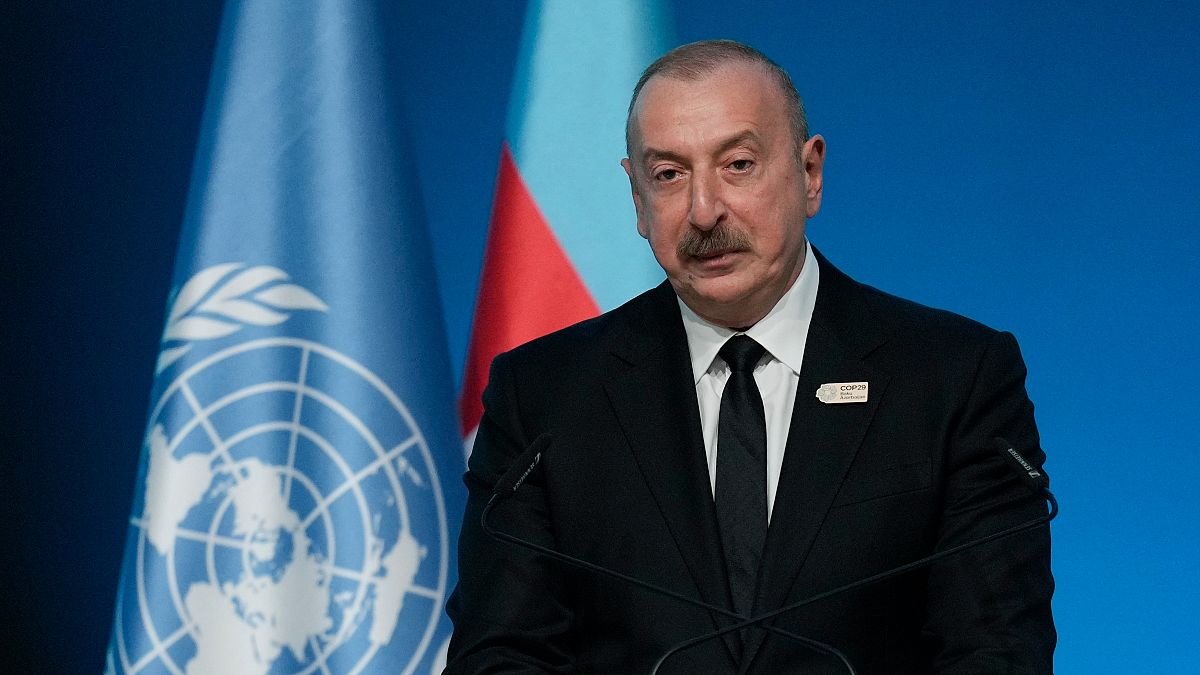Azerbaijani President Ilham Aliyev Criticizes Western Governments at COP29

In an opening address at the 29th Conference of the Parties (COP29) to the United Nations Framework Convention on Climate Change, Azerbaijani President Ilham Aliyev delivered a strong criticism of Western governments that purchase his country's gas while condemning its fossil fuel-dependent economy.
At the same time, Aliyev's speech also highlighted Azerbaijan's commitment to transitioning towards a greener energy sector. Making his remarks in front of world leaders and climate activists, the Azerbaijani president called out what he described as 'hypocritical' criticism from Western nations, pointing out that the United States is the world's largest oil producer.
"We have been unfairly labeled as a 'petrostate'," Aliyev said, stressing that Azerbaijan only accounts for less than 1% of global oil and gas production. "Oil and gas are a gift from God, just like the sun, wind, and minerals. Every natural resource should not be blamed for having them, and should not be blamed for bringing these resources to the market," he added.
The Azeri president emphasized the need for balance between promoting green energy transition and recognizing Azerbaijan's realistic contributions to global oil and gas production. The tone of his address sparked mixed reactions among COP29 attendees.
Global Shapers Dhaka Hub communications lead, Kingbadantee Sabir, acknowledged Aliyev's point on hypocrisy while stressing the importance of progress in both green energy transformation and balancing the need for growth with caution. "The fact that he highlighted the hypocrisy is something we should appreciate. It is true," Sabir said. However, he emphasized that it is equally critical to take action against major polluters like the United States.
War on Want NGO representative Asad Rehman concurred with Aliyev's points but reemphasized the need for concrete actions from significant contributors to emissions. "The only way progress can be made is if it's done fairly," he added. The signals of change must come from the largest polluters.
